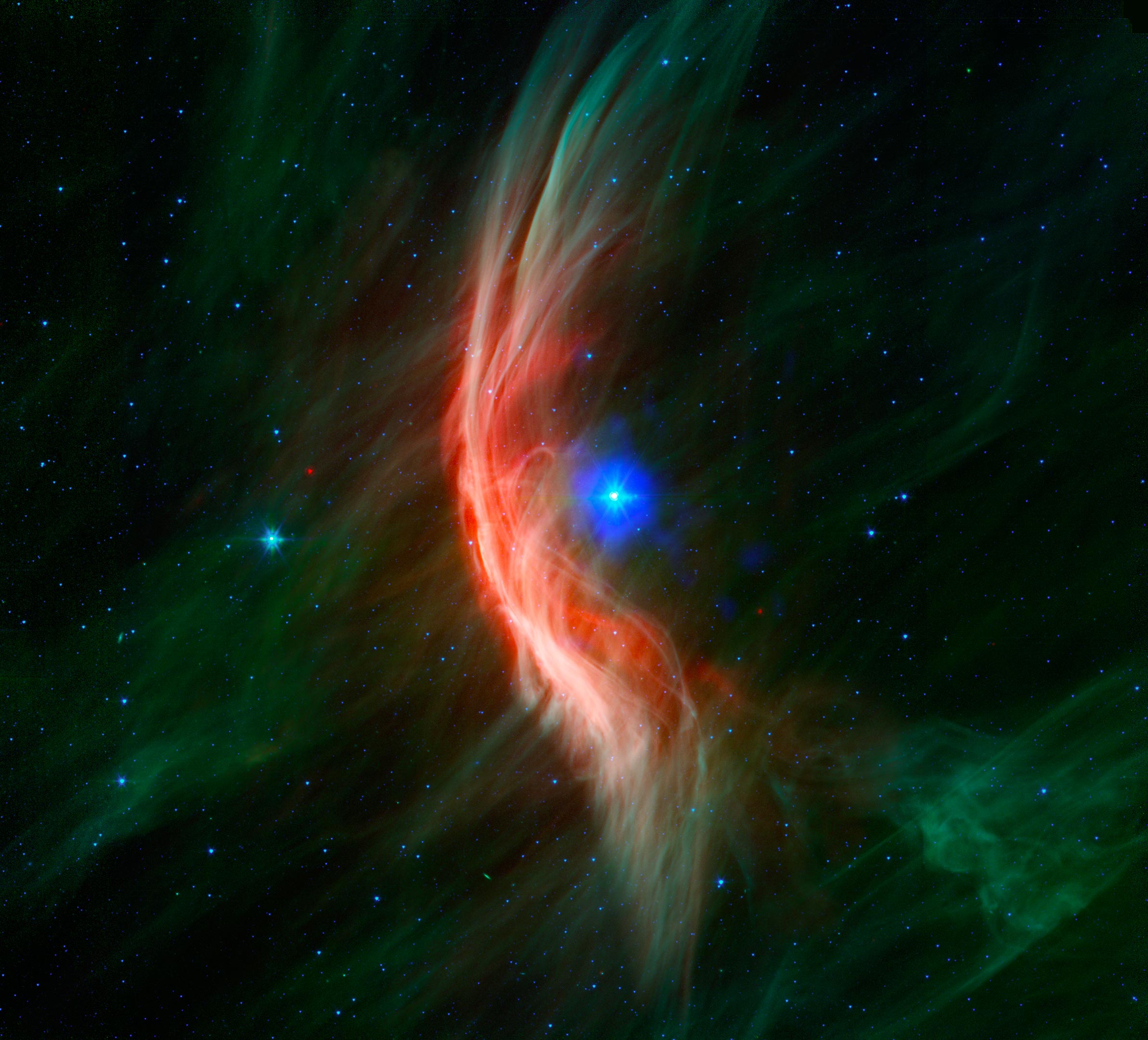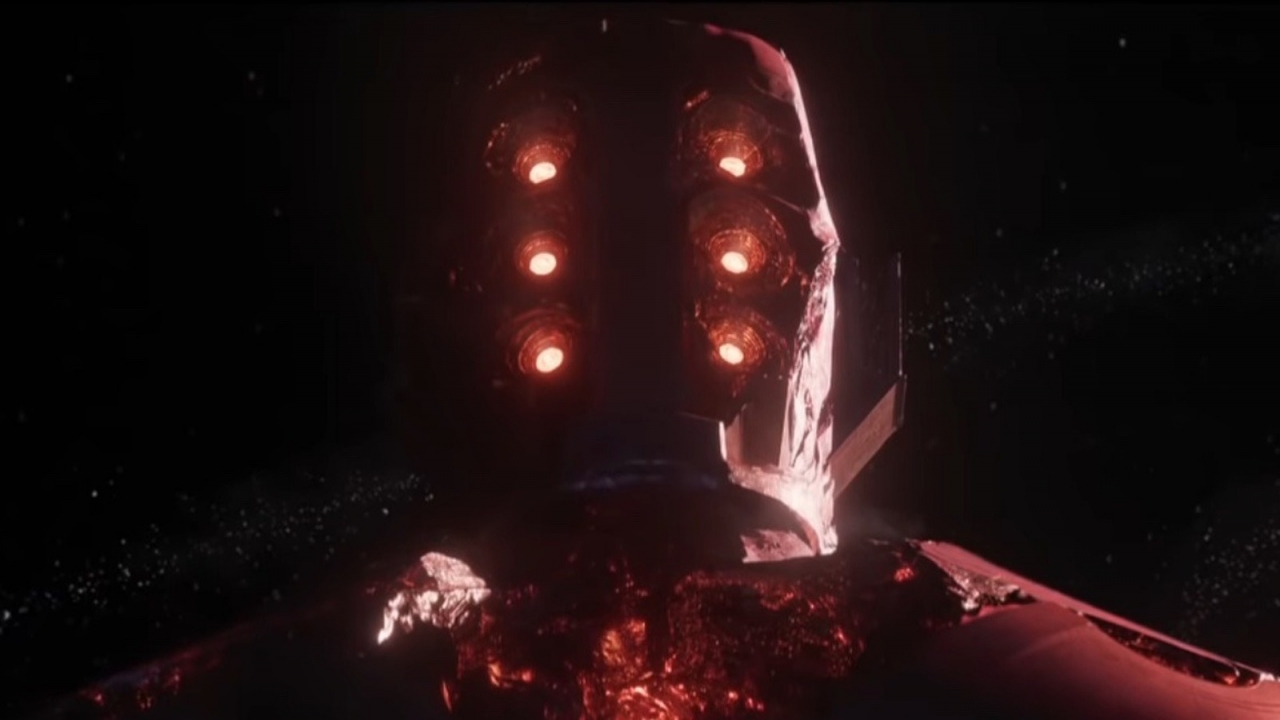Jakarta –
Jupiter always seem to shine, even when looking sideways at unprocessed data. James Webb Space Telescope (JWST) recently captured images of Jupiter appearing to glow beautifully.
Astronomers are busy researching new data from JWST as part of efforts to find and study distant galaxies. But this observatory seems to want to study first many objects closer to Earth.
Among the sighting targets is Jupiter. NASA released some preliminary JWST images of this massive planet on July 14. But the James Webb Telescope revisited the planet for a research program to demonstrate the potential of JWST studying our Solar System and the distant universe.
ADVERTISEMENT
SCROLL TO CONTINUE CONTENT
–
And that potential is demonstrated in a raw image taken by the telescope’s Near Infrared Camera (NIRCam) instrument on July 27, 2022. The image highlights a major storm. JupiterThe famous Great Red Spot, as well as the “ribbon” in the planet’s atmosphere.
The images, along with other Webb observations, are designed to help scientists understand the atmosphere, tackle tasks such as characterizing its thermal structure and layers, and studying phenomena such as winds and auroras.
To create this new image, NIRCam “stared” at Jupiter for almost 11 minutes using the F212N filter which observes light with a wavelength of 2.12 microns (the size of a bacterium). This filter has a special place in observatories because scientists can use its data to study molecular hydrogen.
According to an initial schedule released by the Space Telescope Science Institute in Maryland, which operates JWST, the observatory’s targets for next week include Jupiter’s volcanic moon Io, the massive asteroid Hygeia and the supernova remnant Cassiopeia A.
However, the observation schedule is always subject to change. In addition, not all data JWST published soon. For most of their observations, the scientists who requested the data were granted one year of special access to facilitate their analysis.
Watch the video”Beautiful Portrait of Jupiter Shot by the James Webb Telescope“
[Gambas:Video 20detik]
(rns/asj)
–


